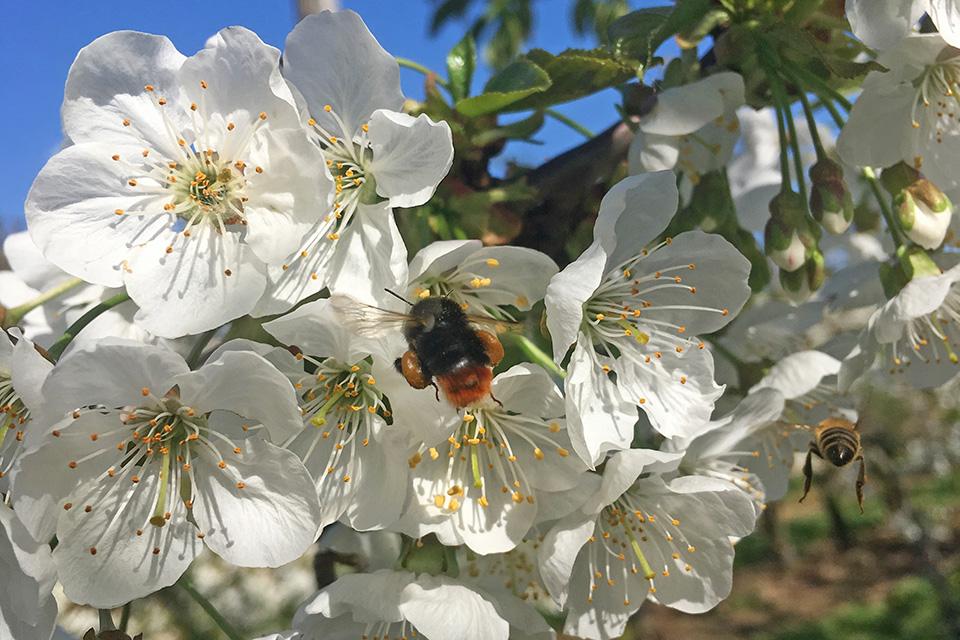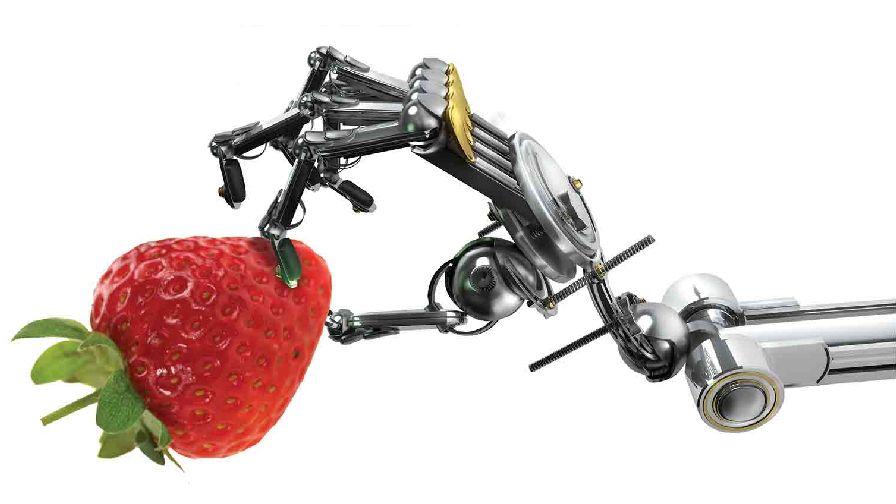SCRI Must Be Preserved [Opinion]

During my series of conversations with Clemson University’s Desmond Layne for this month’s cover story, I mentioned that there seemed to be a lack of peach-specific research projects that involved coordination from multiple institutions. While this is largely due to the fact that peach varieties and production tend to be very region-specific, Layne did point out to me that there is at least one opportunity to bring in national researchers, growers, and allied industry partners tied to the peach industry. That opportunity lies in the Specialty Crop Research Initiative (SCRI) and its projects.
SCRI was established as part of the 2008 Farm Bill to “solve critical industry issues through research and Extension activities,” according to USDA’s National Institute of Food and Agriculture. “SCRI will give priority to projects that are multi-state, multi-institutional, or trans-disciplinary; and include explicit mechanisms to communicate results to producers and the public.” These projects must address at least one of five focus areas: Research in plant breeding, genetics, and genomics to improve crop characteristics; efforts to identify and address threats from pests and diseases, including threats to specialty crop pollinators; efforts to improve production efficiency, productivity, and profitability over the long term; new innovations and technology, including improved mechanization and technologies that delay or inhibit ripening; and methods to prevent, detect, monitor, control, and respond to potential food safety hazards in the production and processing of specialty crops.
During the most recent wave of SCRI-supported research in October 2011, 29 projects were allocated $46 million in funding. Here’s just a sampling of them:
The RosBREED breeding project, designed to deliver improved plant materials more efficiently and rapidly.
USDA’s efforts to battle the brown marmorated stink bug by learning more about its biology and movement.
Improved tree fruit cultivars that contain desirable traits such as resistance to pathogens, superior fruit quality, and machine harvestability.
Improving cold-climate grape production, as well as improved grape genetic technologies.
USDA is currently reviewing the proposals that have been submitted for funding in 2012, and it’s certainly a competitive process. For every project that has received funding in the past and is seeking continued support, there is another that is fighting for a spot.
Collaborative Research Is Critical
Why am I bringing up the Specialty Crop Research Initiative? Because it is a major component of the 2012 Farm Bill, which has passed the Senate and recently came out of the House Ag Committee. The Senate has spared many of the programs critical for fruit and vegetable growers. The tougher test, however, will come in the House, where spending programs from the Farm Bill are likely to be more heavily scrutinized.
In other words, there’s a lot at stake in the next couple of months. Whether it’s pest research, orchard automation, or genetics, SCRI-funded projects have played, and continue to play, an important role in the long-term viability of the fruit and vegetable industry.
You could argue that the SCRI has been the most critical development in the produce market in the last several years, not only because of the previously mentioned projects it funds, but also because, as Layne pointed out, it’s one of those rare cases of collaborative research that extends beyond one crop, one university, or one region. At a time when budget cuts threaten university Extension programs, it’s become more important than ever for scientists, and growers, to share ideas and work together.
These efforts pave the way for both innovation and problem solving and prevention. For example, while the brown marmorated stink bug has yet to make its presence known in the Pacific Northwest, you can be sure the apple industry is on high alert. The SCRI project covering stink bug research allows entomologists from Washington State University and Oregon State University to stay connected to the fight against this potentially threatening pest.
As the Farm Bill debate continues, groups like United Fresh Produce Association, the U.S. Apple Association, and the Florida Fruit and Vegetable Association are making their voices heard. Aside from making contact with your local elected officials, you can also keep up with the progress of these organizations via their websites, and by following them on Twitter. Our team at American/Western Fruit Grower will also keep you posted.










